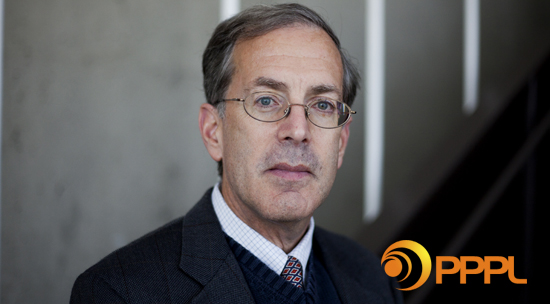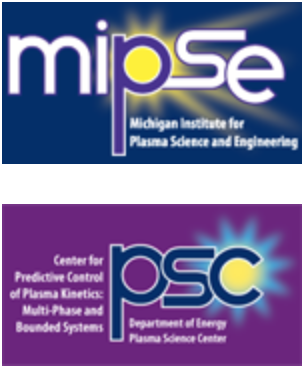Mark Kushner appointed to advisory board for DoE National Lab
PPPL is a U.S. Department of Energy funded research center established for collaborative work in fusion energy research.

 Enlarge
Enlarge
Mark Kushner, George I. Haddad Professor of Electrical Engineering and Computer Science, has been appointed to the advisory board for the Princeton Plasma Physics Laboratory (PPPL) for a four-year term. He is one of five members of the advisory board.
PPPL is a U.S. Department of Energy funded research center established for collaborative work in fusion energy research. The lab employs 454 full-time individuals, 38 graduate students, and last year its operating budget was approximately $86M. PPPL’s vision is to enable “a world powered by safe, clean and plentiful fusion energy while leading discoveries in plasma science and technology.”
Prof. Kushner’s research area is low temperature plasmas, their fundamental properties, their interaction with surfaces and their technological applications. His Computational Plasma Science and Engineering Group (CPSEG) develops computer simulations of low temperature plasmas and technologically important devices which use low temperature plasmas. He has courtesy appointments in the Department of Nuclear Engineering and Radiological Sciences, and the Applied Physics Program.

 Enlarge
Enlarge
Prof. Kushner adds this responsibility to his current leadership roles as director of the Michigan Institute for Plasma Science and Engineering (MIPSE), and director of the Department of Energy Plasma Science Center. This DoE Center for Predictive Control of Plasma Kinetics: Multi-phase and Bounded Systems is enabling fundamental research on low-temperature plasmas. It is expected that this research could lead to more efficient solar cells, finer-featured microchips and new medical tools that cut and heal tissues with plasma-activated chemistry.
Since 2007, Prof. Kushner has been Editor-in-Chief of Plasma Sources, Science and Technology. He is a fellow of several professional societies, including IEEE, OSA, APS, AVS, and the Institute of Physics, and has received numerous professional awards. He is a member of the National Academy of Engineering.
 MENU
MENU 
